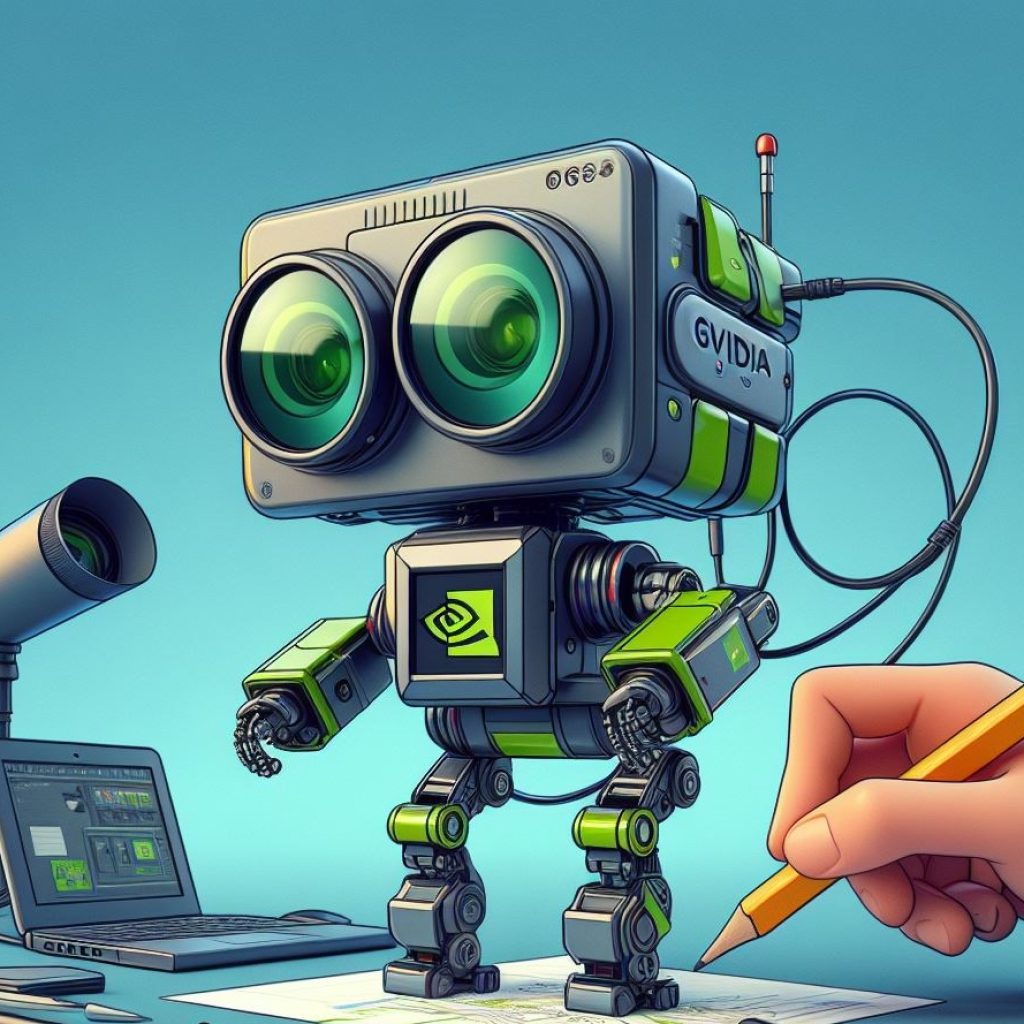In the realm of product marketing, two indispensable tools have emerged as game-changers, offering efficiency and effectiveness like never before.
Cheat Sheets and Chatbots have risen to prominence, and their evolution has been significantly accelerated by the application of artificial intelligence (AI). This article delves into the pivotal role of these tools and how AI is transforming their creation and utilization.
The power of cheat sheets
Cheat Sheets are indispensable assets for any successful go-to-market strategy. They serve as versatile documents that cater to various stages of the sales funnel, from the top to the bottom. What makes Cheat Sheets invaluable is their ability to streamline the sales process by providing succinct, comprehensive information.
These Cheat Sheets can morph into diverse formats, including presentations, whitepapers, and RFP (Request for Proposal) documents. Essentially, they serve as a repository of key selling narratives and competitive insights, equipping product marketers to educate potential buyers effectively.
While some may refer to them by different names, they ultimately serve as a potent tool for sales enablement.
Creating Cheat Sheets can be expedited through the utilization of AI, particularly by training a customized AI model using technical and sales documentation. This AI model can then generate the required content swiftly.
The content produced is an asset that aids salespeople at various stages, ensuring that they have access to tailored materials to engage with prospects effectively.
AI-driven systems can catalog and personalize the content for each prospect, adding another layer of value to Cheat Sheets. This personalized touch can make a significant difference in closing deals.
Empowering chatbots with AI
In tandem with Cheat Sheets, Chatbots have emerged as indispensable tools for ensuring customer success. Chatbots have gained popularity due to their ability to provide instant responses and support to customers, both externally on company websites and internally for sales teams.
Traditionally, creating Chatbots was a complex and costly endeavor. However, recent technological advancements have made it easier and quicker to implement them. Now, businesses can have a functional Chatbot on their website within a matter of weeks, thanks to the integration of AI.
AI plays a pivotal role in Chatbot development by using the same content created for Cheat Sheets. The AI-powered Chatbot can be programmed to deliver the same content to customers or internal sales teams on demand. This simplifies and scales the process of providing the necessary information to close deals efficiently.
The reign of content
Throughout these advancements, one undeniable truth remains—content is still king and queen in the world of marketing. However, the ease of content creation has led to an influx of materials, potentially diluting the value of each individual piece.
With the convenience of content creation tools, the challenge now lies in differentiating the output. Simply generating content is not enough; it must stand out. This is where human creativity comes into play. While AI can assist in the initial stages of content creation, the second phase, content engagement, requires a human touch.
AI may open the door to prospects, but it is the quality and creativity of content that can seal the deal. As such, B2B marketers must ask themselves whether they are truly being creative or merely going through the motions to meet deadlines.





